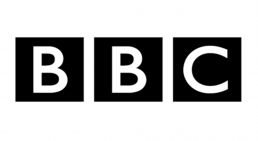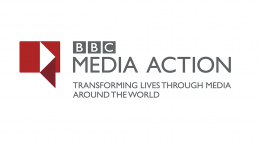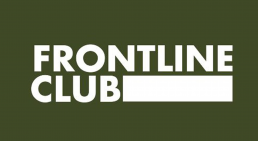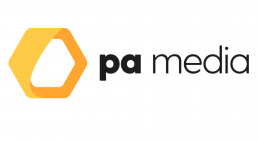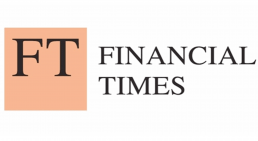CAMERA & VIDEO JOURNALISM TRAINING COURSE
About the course
The optimal length for this course is two days. That leaves delegates with the minimum necessary to start shooting professional content. Broadcasters wanting to train new V.J.s usually opt for the five day course.
5 day course
Full length version of the course where we are able to watch and discuss a number of long form documentaries and really get an understanding of long form narrative structure.
3 day course
A tighter version of the course losing one of the homework modules, ie one stage of the delegate development process. We also focus down on only a couple of documentaries to study.
2 day course
A very condensed version of the course with little or no room to study any documentaries in full length and missing a couple of the delegate development exercises. But still a very effective course.
Course Summary
COURSE SUMMARY
This is a generic two day camera training course which can be adapted and re-focussed to particular cameras (where possible). It covers both semi-automatic shooting for complete beginners, and moves up to full manual operation. The course balances technical and creative training, looking at framing and lighting as well as some editorial considerations that may effect how you shoot.
There are 3 and 5 day versions of this course. The longer versions allowing for shooting exercises to really hone the shooting and V.J. skills.
WHO’S IT FOR
This course is for both complete beginners as well as those already shooting but wanting to really consolidate their filming skills and understand video and DSLR cameras better.
OUTCOMES
Delegates will come away with a better understanding of how to operate a video camera, what shots to get, how to use natural light as well as set up a simple 3 head lighting kit. They will learn how to record better sound, what accessories are needed, how to approach a shoot and breakdown a scenario to film the correct shots needed for the edit. They’ll have learnt how to shoot professional broadcast quality interviews and how to best deal with the media afterwards.
Day 1 Syllabus
Day 2 Syllabus
OTHER MEDIA & BROADCAST TRAINING COURSES YOU MAY BE INTERESTED IN
- AI TOOLS for MEDIA & CONTENT PRODUCTION MASTERCLASS - CLICK HERE
- AI TOOLS for JOURNALISTS & NEWSROOMS MASTERCLASS - CLICK HERE
- AI & ELECTIONS - What you need to know! MASTERCLASS - CLICK HERE
- AI TOOLS for VIDEO PRODUCTION & GENERATION MASTERCLASS - CLICK HERE
- AI TOOLS for IMAGE GENERATION MASTERCLASS - CLICK HERE
- AI in NEWS & MEDIA PRODUCTION OVERVIEW - CLICK HERE
- VIDEO STUDIO DESIGN BUILD & RUN MASTERCLASS - CLICK HERE
- LIVE STREAMING, WEBCASTING & VISUAL RADIO MASTERCLASS - CLICK HERE
- DOCUMENTARY DEVELOPMENT & PRODUCTION MASTERCLASS - CLICK HERE
- EDITING with FCP X MASTERCLASS - CLICK HERE
- EDITING with ADOBE PREMIER MASTERCLASS - CLICK HERE
- SMARTPHONE MoJo SHOOTING & EDITING MASTERCLASS - CLICK HERE
- MAKING VIDEO THAT WINS EVERY TIME MASTERCLASS - CLICK HERE
- VIDEO PRODUCTION FOR FREE MASTERCLASS - CLICK HERE
- DSLR & SMARTPHONE CONNECTED FILM-MAKING MASTERCLASS - CLICK HERE
- CREATIVE VISUAL STORYTELLING MASTERCLASS - CLICK HERE
- CAMERA & VIDEO JOURNALISM MASTERCLASS - CLICK HERE
